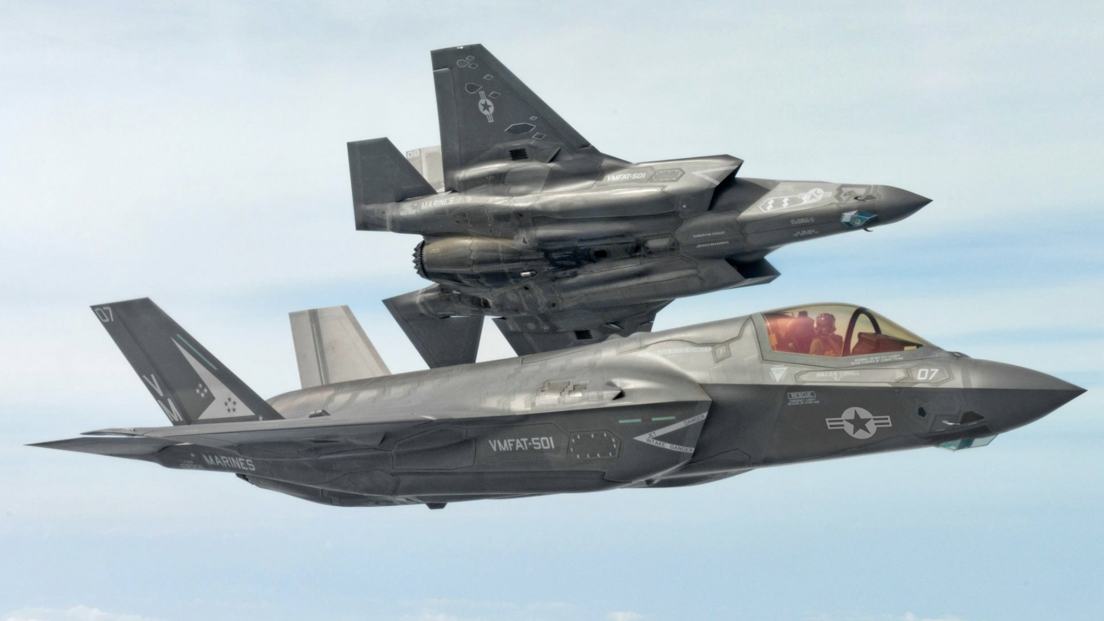Turkey will begin locally deploying the
air defense architecture in October 2019, Turkish Defence Minister Hulusi Akar said Thursday.
Despite
, most notably the United States, Turkey said in December it finalized a contract for the acquisition and deployment of the Russian long-range air and anti-missile defense system. This will be the first time a NATO member state deploys the Russian S-400 system.
In response, the U.S. Congress passed a bill that may block the delivery of F-35 jets to Joint Strike Fighter consortium member Turkey. Ankara has committed to buying at least 100 F-35s.
Akar said Turkey faces a missile threat — without naming the origin of the threat — adding that “we must counter that threat.”
“Our talks with a U.S. and a French-Italian supplier (of air defense systems) have not yielded desired results,” the defense minister said, referring to Turkey’s earlier talks with a team of U.S. companies — Raytheon and Lockheed Martin, who co-produce the Patriot system — and Eurosam — who makes the SAMP/T system. But two Turkish companies are still in talks with Eurosam for the development and co-production of a “national air defense system” for Turkey.
Akar said a contract for the S-400 deal was already signed with Rosoboronexport, Russia’s main arms export agency. “The agreed timetable is moving ahead as scheduled,” he added.
Akar also said the program is at the stage of “selecting personnel” for the deployment and operation of the S-400 system.
The contract involves the acquisition of one S-400 system with an option to purchase a second system.
Turkey’s decision to negotiate and go for the S-400 system emerged shortly after Ankara and Moscow normalized their badly strained ties in June 2016. Russia sanctioned Turkey after the latter’s military shot down a Russian Su-24 military aircraft along Turkey’s border with Syria in November 2015.
After the normalization of diplomatic relations, Turkey has cooperated with Russia in
. In return, Russia gradually removed sanctions and allowed Turkey to launch a cross-border operation into northwestern Syria in January, targeting Kurdish militias stationed in the area.
Turkish defense procurement bureaucracy says the $2.5 billion S-400 system would be operated by Turkish personnel and would be supported by a locally developed identification friend or foe, or IFF, system. Turkey wants to make the S-400 a standalone system it can operate with its own source codes, including the IFF.
Turkey will have to operate the S-400 on a standalone basis because the system cannot be made interoperable with NATO and U.S. assets deployed in Turkish territory.
NATO officials have warned of
for Turkey should the alliance member purchase the Russian air defense system.
/arc-anglerfish-arc2-prod-mco.s3.amazonaws.com/public/KTRNOE4O6FBCHMEHAPJPUU7TRY.jpg)
/arc-anglerfish-arc2-prod-mco.s3.amazonaws.com/public/KTRNOE4O6FBCHMEHAPJPUU7TRY.jpg)





